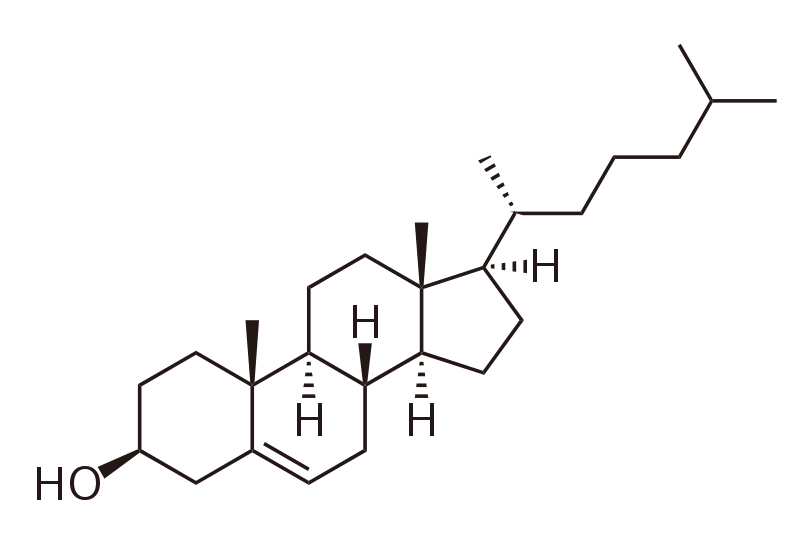
Black Soldier Flies Are Low in Cholesterol Compared to Other Edible Insects
Mudalungu, C.M., Mokaya, H.O. and Tanga, C.M., 2023. Beneficial sterols in selected edible insects and their associated antibacterial activities. Scientific Reports, 13(1), 10786. https://doi.org/10.1038/s41598-023-37905-4
Edible insects are increasingly gaining popularity as research reveals multiple benefits. However, the rediscovery of natural products from insects as medicinal agents has received limited attention. This study aimed at evaluating the diversity of sterols in extracts of nine edible insects and potential antibacterial activities. Dichloromethane extracts of these insects were analyzed using gas chromatography–mass spectrometry to identify important sterols, followed by evaluation of their anti-bacterial activities. Nineteen sterols were identified with the highest recorded in African fruit beetle [Pachnoda sinuata (47.37%)], crickets [Gryllus bimaculatus (36.84%) and Scapsipedus icipe (31.58%)]. Cholesterol was the most prevalent, except in black soldier fly (Hermetia illucens). Bioactivity revealed S. icipe as the most potent extract against Escherichia coli and Bacillus subtilis whereas G. bimaculatus was highest against Methicillin-susceptible Staphylococcus aureus 25923. These findings unravels the diversity of sterols in edible insects and their possible application in food, pharmaceutical and cosmetic industries.
